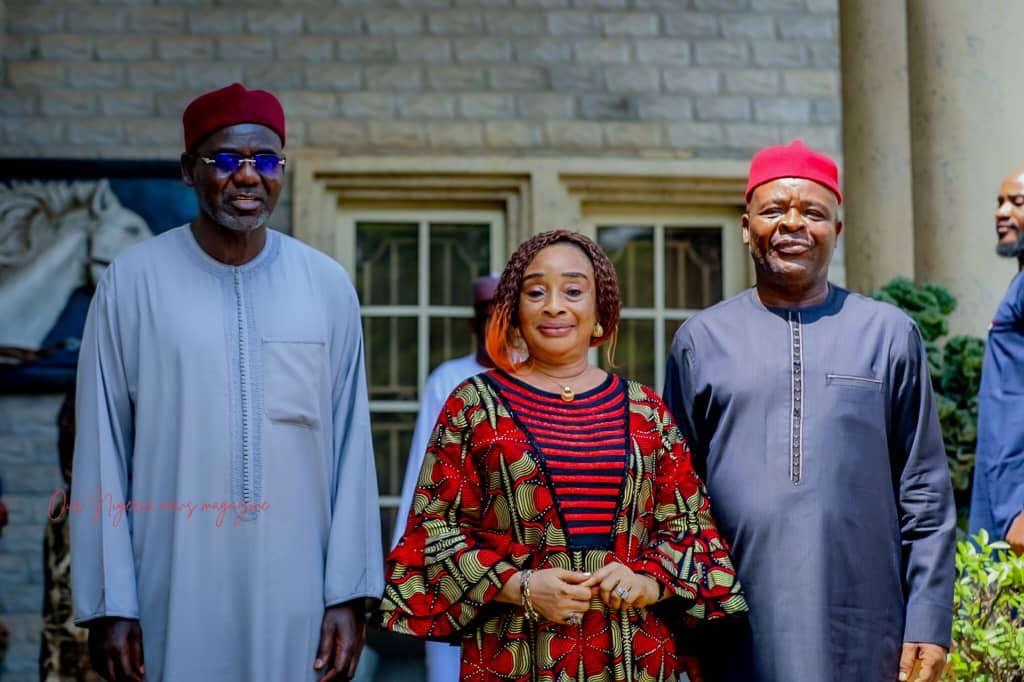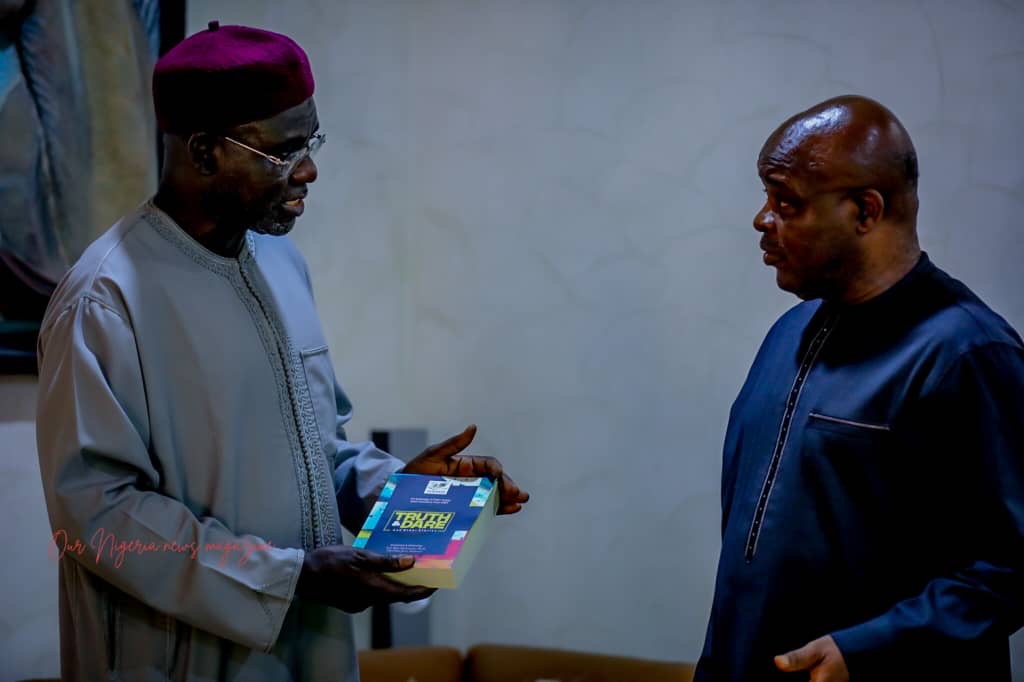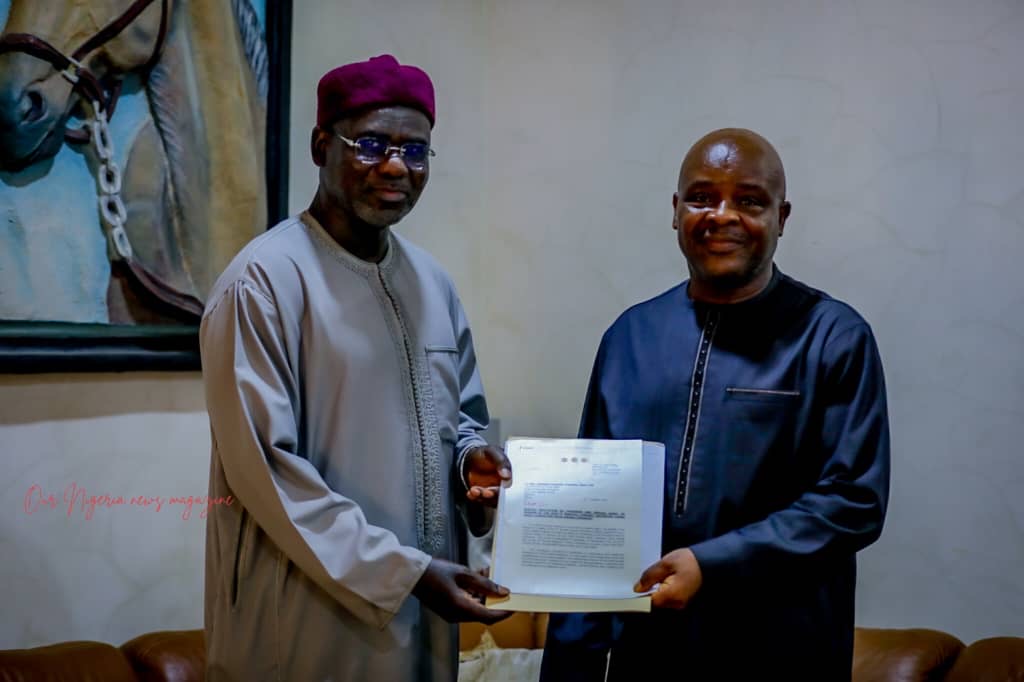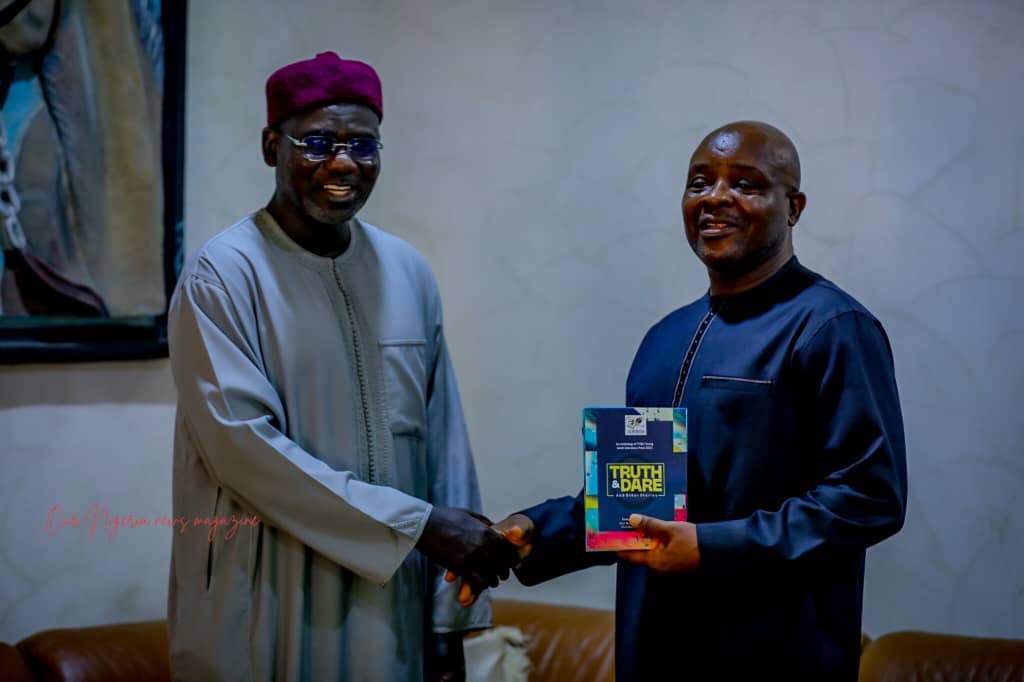news
In Search of Justice: Alhaja Enitanwa Muibat Lanre Shittu’s Plea for Recognition and Dignity
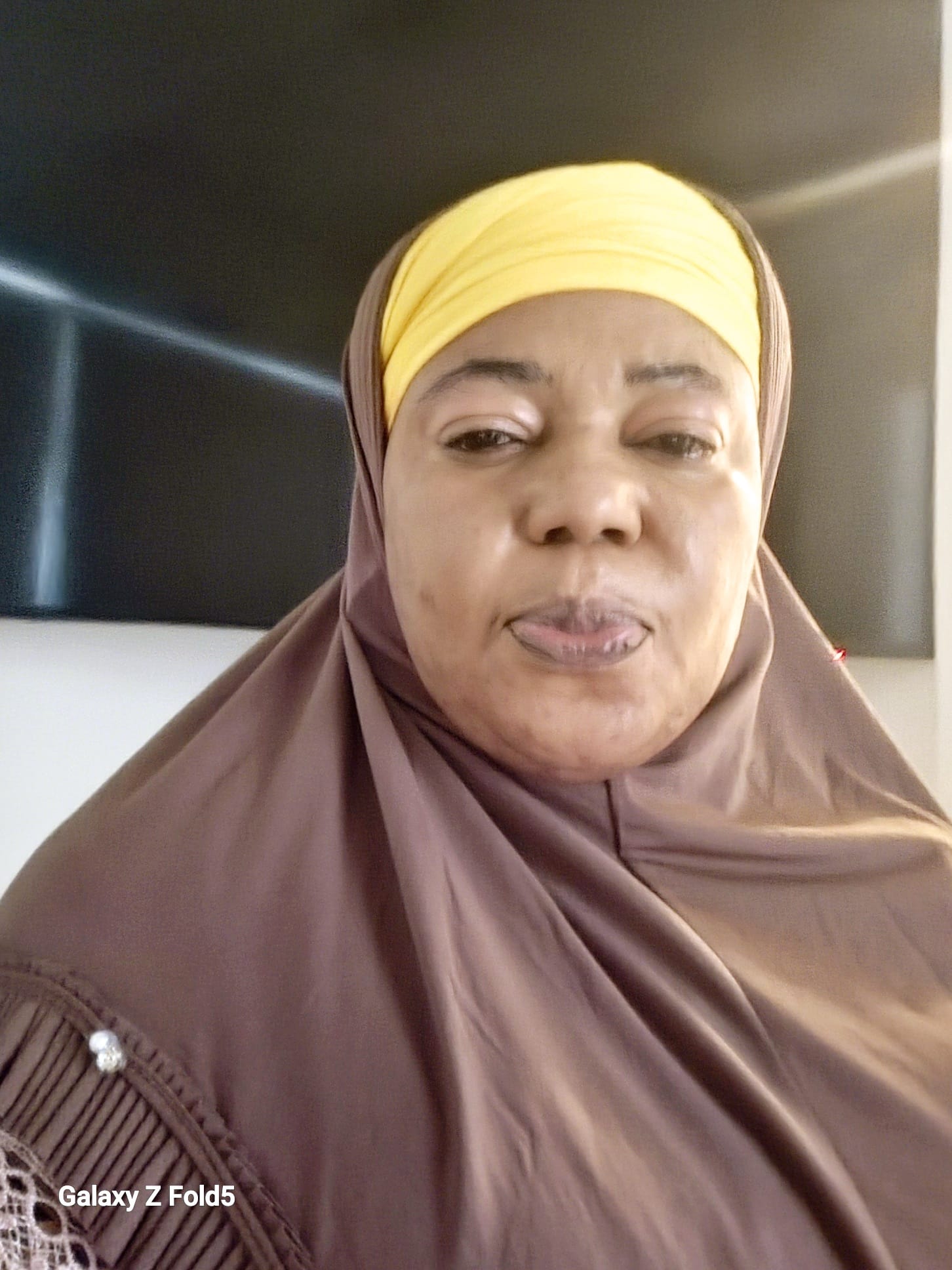
In a world where the bonds of love and faith should transcend earthly judgments, Alhaja Enitanwa Muibat Lanre Shittu finds herself battling not only for justice but for the affirmation of her dignity and place within her late husband’s legacy.
Alhaja Enitanwa, the widow of renowned business mogul Lanre Shittu, faces an overwhelming injustice as she appeals a ruling by the Ifako Ijaiye Customary Court. This court dismissed her case by claiming it lacked the jurisdiction to do so.
This judgment, for Alhaja Enitanwa, represents a painful contradiction. The Ifako Ijaiye Customary Court had been specially designated to hear cases rooted in Islamic law—a foundation of faith and tradition that defined her marriage to her beloved husband. How, then, can this same court deny its duty to preside over the case she brings forward, a case so deeply tied to her faith and rightful place within her family?
At the heart of her appeal is a plea for recognition, not only for herself but for every Muslim woman whose rights are meant to be upheld by the legal protections guaranteed under the 1999 Constitution. Her counsel, Barrister Kayode Ademiluyi, stresses that this Constitution embraces Sharia law as a personal and protected path for Muslims, enshrining the rights of individuals like Alhaja Enitanwa to have their marital bonds honored by the law.
The Customary Court Law of Lagos State further cements these rights. By law, designated courts are empowered to adjudicate in matters of Islamic law—marriage, divorce, and family bonds. Yet, for reasons unknown, the Ifako Ijaiye Customary Court has chosen to ignore this mandate, casting aside the deeply personal matter Alhaja Enitanwa brought to its doors.
She seeks more than validation; she seeks justice. For Alhaja Enitanwa, this appeal is an urgent call for the court to correct a decision that, in its oversight, has left her in limbo, questioning the very foundations of her marriage and her place within a family she holds dear.
Her appeal will journey through the Customary Court of Appeal, a court of immense authority, with the power to oversee customary law matters. Here, the court will have the solemn duty to interpret her case in the spirit of fairness, upholding the principles of religious and personal freedoms granted under Nigerian law. Alhaja Enitanwa’s case is not just about her suffering but about restoring the dignity of every Muslim woman who looks to the law to honour her faith and protect her rights.
Let us remember that at the heart of this case lies a woman—a mother, a widow—whose only desire is to protect the bond she shared with her late husband and to honour the life they built together under Islamic law. Alhaja Enitanwa’s struggle resonates far beyond her plight; it is a struggle for justice, for the rights of Muslim women, and for the values enshrined in the law.
news
Buratai Pays Tribute to Ihejirika at 70, Hails Mentorship and Legacy of Leadership
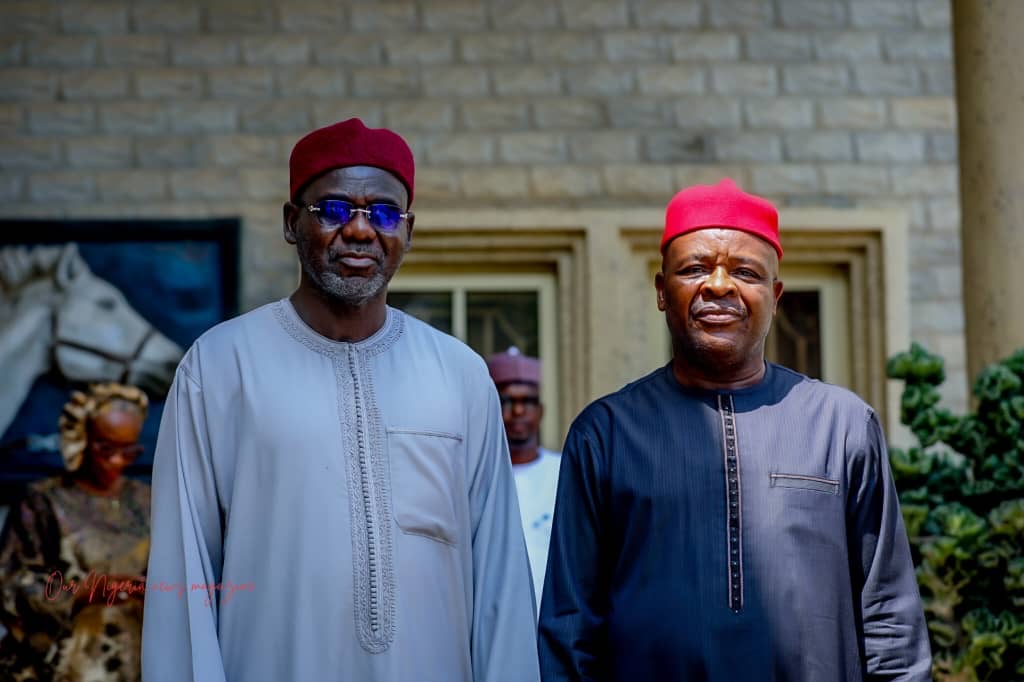
Buratai Pays Tribute to Ihejirika at 70, Hails Mentorship and Legacy of Leadership
Former Chief of Army Staff and Nigeria’s immediate past Ambassador to the Republic of Benin, Lt. Gen. (Rtd) Tukur Yusuf Buratai, has paid a glowing tribute to his predecessor, Lt. Gen. OA Ihejirika, as the retired General marks his 70th birthday.
In a heartfelt message released in Abuja on Friday, Buratai described Ihejirika as not only a distinguished soldier and statesman, but also a commander, mentor, and “architect of leadership” whose influence shaped a generation of senior military officers.
Buratai recalled that his professional rise within the Nigerian Army was significantly moulded under Ihejirika’s command, citing key appointments that defined his career trajectory.
According to him, the trust reposed in him through early command responsibilities, including his first command posting at Headquarters 2 Brigade and later as Commandant of the Nigerian Army School of Infantry, laid a solid foundation for his future leadership roles.
“These opportunities were not mere appointments; they were strategic investments in leadership,” Buratai noted, adding that such exposure prepared him for higher national responsibilities.
He further acknowledged that the mentorship and professional grounding he received under Ihejirika’s leadership were instrumental in his eventual appointment as Chief of Army Staff and later as Nigeria’s Ambassador to the Republic of Benin.
Buratai praised Ihejirika’s command philosophy, describing it as professional, pragmatic, and mission-driven. He said the former Army Chief led by example, combining firm strategic direction with a clear blueprint for excellence that continues to influence military leadership practices.
“At seventy, General Ihejirika has earned the right to reflect on a legacy secured,” Buratai stated, praying for good health, peace, and enduring joy for the retired General as he enters a new decade.
He concluded by expressing profound gratitude for the leadership, mentorship, and lasting example provided by Ihejirika over the years.
The tribute was signed by Lt. Gen. Tukur Yusuf Buratai, who described himself as a grateful mentee and successor, underscoring the enduring bonds of mentorship within the Nigerian Army’s top leadership.
news
Sagamu Plantation Row: Igimisoje-Anoko Family Challenges LG Claim
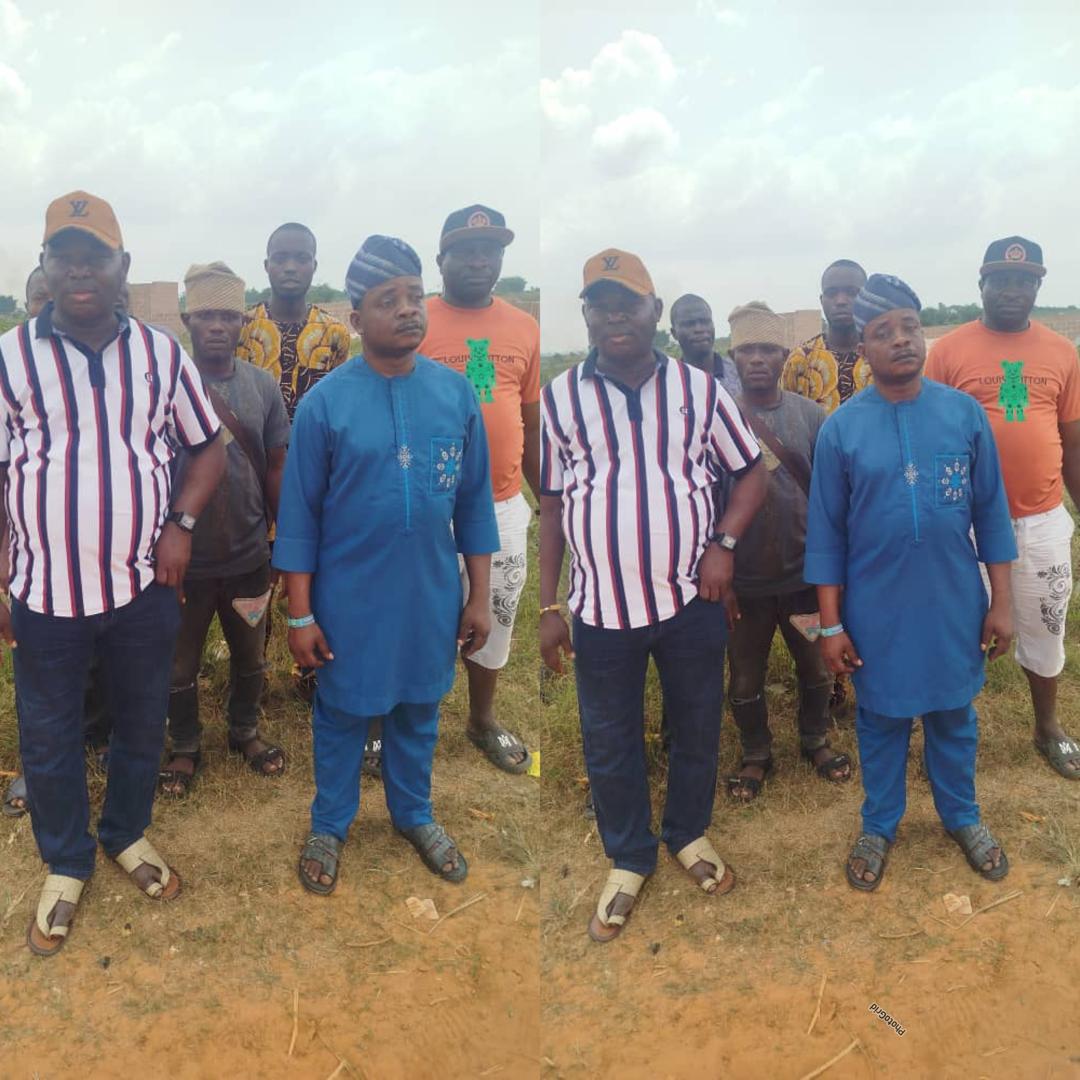
news
Sagamu Communities Exonerate Sir Kay Oluwo, Accuse Teriba of Land Invasions, Violence
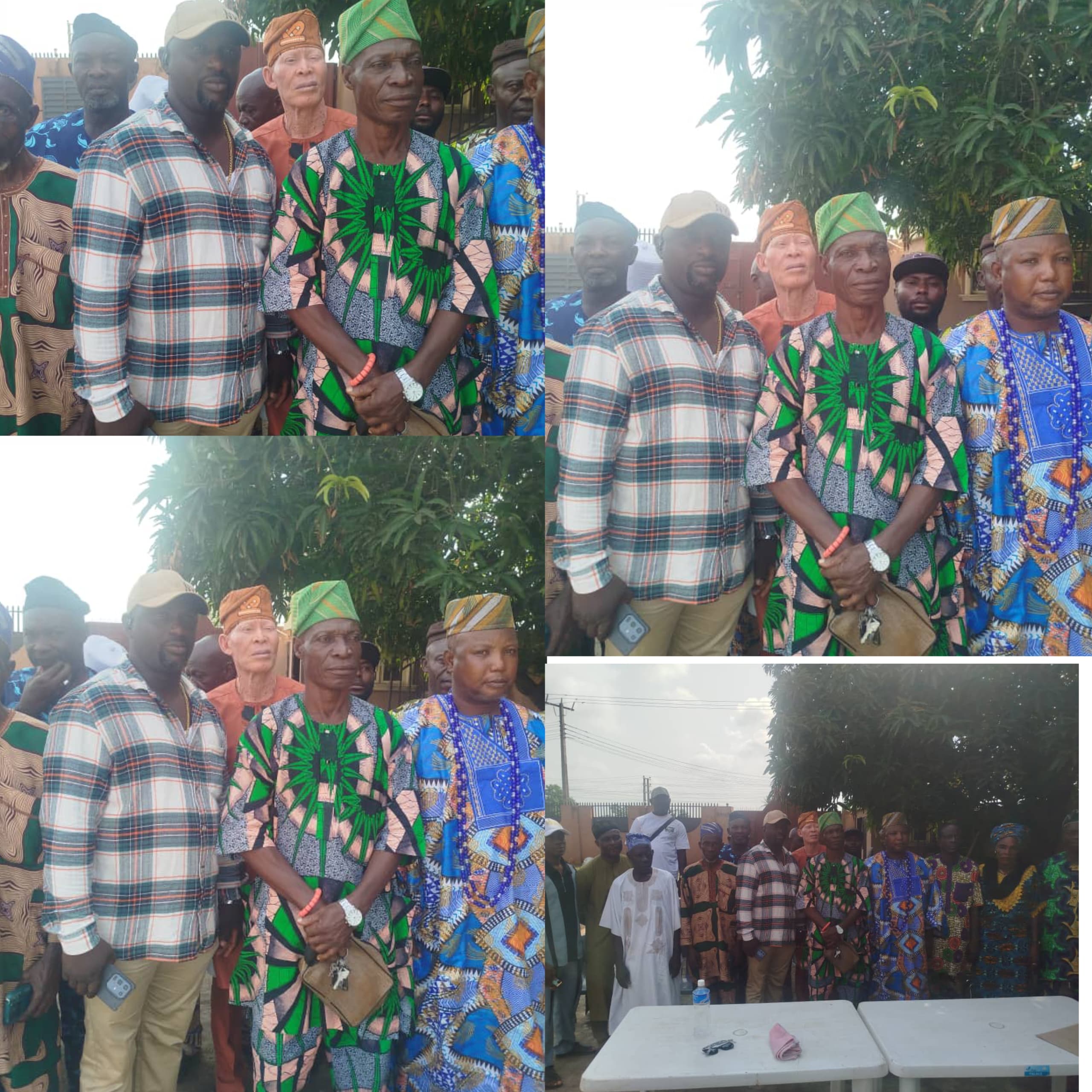
-

 celebrity radar - gossips6 months ago
celebrity radar - gossips6 months agoWhy Babangida’s Hilltop Home Became Nigeria’s Political “Mecca”
-

 society6 months ago
society6 months agoPower is a Loan, Not a Possession: The Sacred Duty of Planting People
-

 news6 months ago
news6 months agoTHE APPOINTMENT OF WASIU AYINDE BY THE FEDERAL GOVERNMENT AS AN AMBASSADOR SOUNDS EMBARRASSING
-

 Business6 months ago
Business6 months agoBatsumi Travel CEO Lisa Sebogodi Wins Prestigious Africa Travel 100 Women Award


